Clean your fireplace
If you own or rent a home, you are probably aware that cooler weather causes changes to your property, which impacts your heating expenses. When it's cold outdoors or snowing, dealing with a broken furnace or frozen pipes is considerably more challenging. Winterizing your home can reduce some of these threats from the chilly weather. Learn how to winterize your home to keep it safe from the elements and save your heating expenses.
You can get your house prepared for a cosy winter by following these tips, both inside and out. Many of these home winterization measures could also result in energy savings and reduced winter heating expenses.
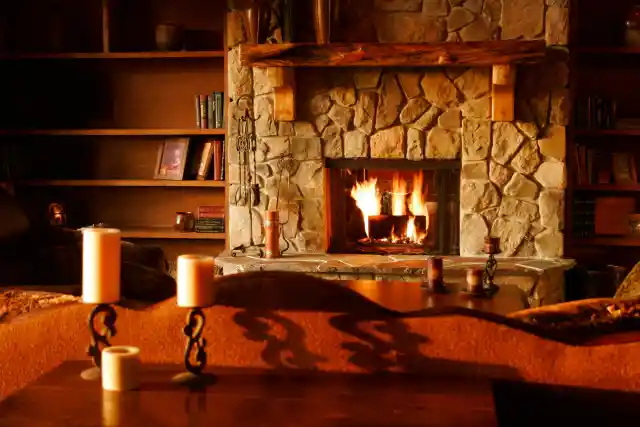
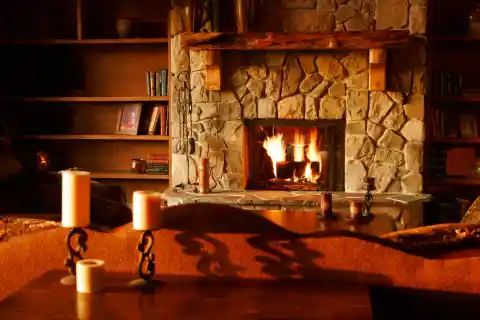
Another source of wasted energy might be your chimney or fireplace. Make sure to examine it for any holes or cracks and make sure the roof flashing is attached correctly. Before starting a fire, make sure to hire a fireplace cleaner since animal nests, trash, and soot accumulation can be dangerous to your property and the environment. Even electric fireplaces need routine cleaning and maintenance.
Insulate the pipes
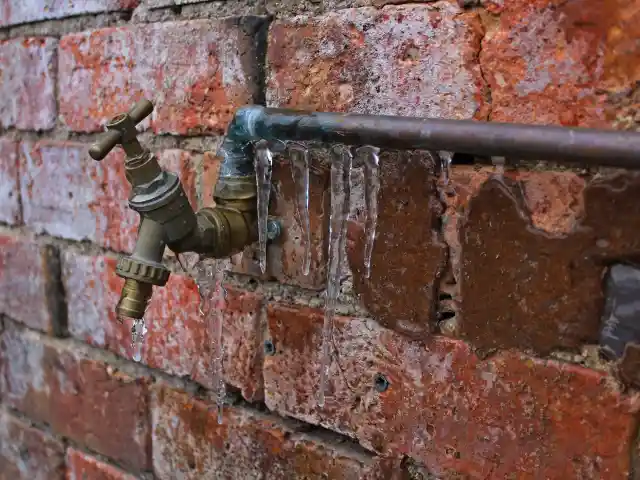
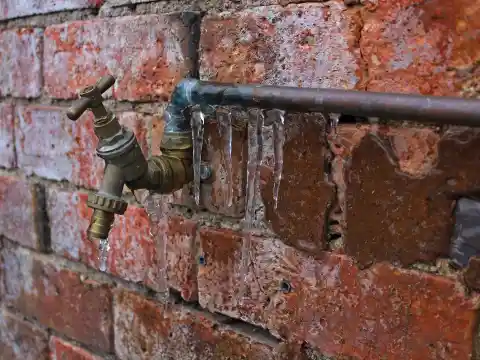
Even if you don't live in a region where it often gets cold, your pipe systems might still be at danger from a temporary cold weather. In order to prevent damage, exposed pipes, such as those in your attic or garage, may need specific insulation. To prevent pipes from freezing or bursting, you may buy "pipe sleeves" or even use newspaper for a temporary remedy. Other less eco-friendly options include heating uncovered spaces or letting water drop during cold spells.
Clean the roof and gutters
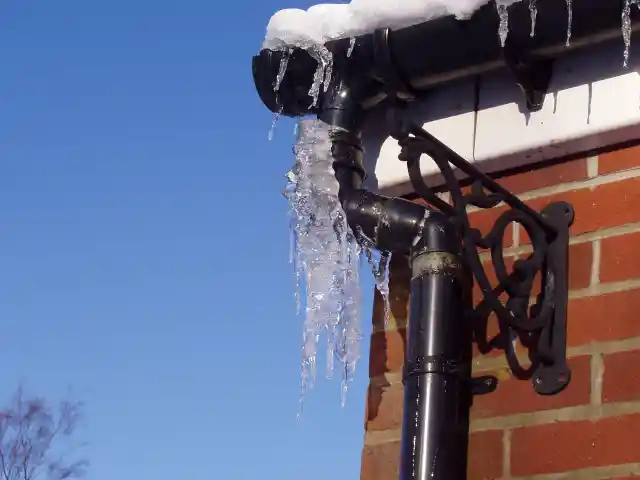
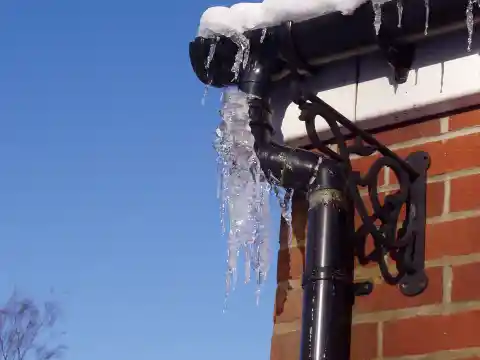
The best time to clean your roof is before winter arrives to avoid ice buildup, which can result in more serious roof damage. Call a roofing professional if your roof is steep or you see any mold or mildew growth to lower your chance of a roof failure this winter. If you live in a location that receives a lot of rain, snow, and/or ice during the winter, your gutters will have to work extra hard to keep that water away from your property. Regular gutter cleaning is important because blocked gutters can cause water damage to your roof.
Insulate windows
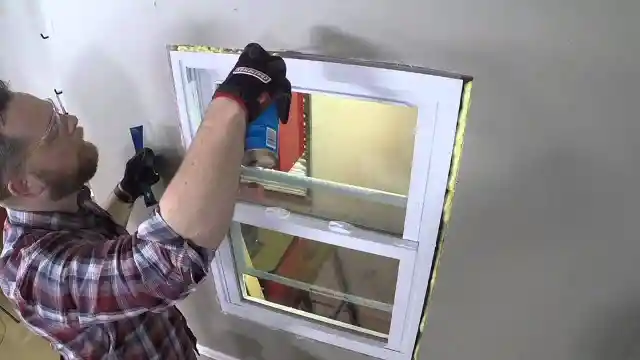
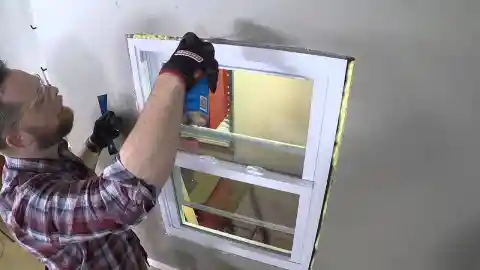
Cracks surrounding windows and doors can allow warm air to leave and cold air to enter your house. Fortunately, there are a few techniques to minimize how much chilly air penetrates via your windows. To stop the draft, you can either buy energy-efficient window coverings or curtains or apply insulating films to your window frames. To stop leaks, you may also use caulking or weatherproof strips to seal windows and doors.
Reverse the rotation of the fan
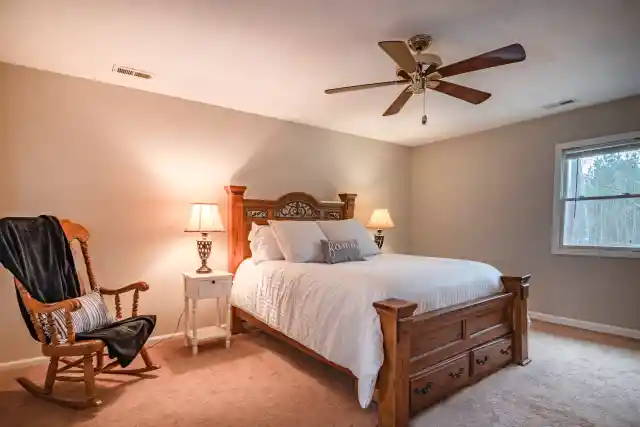
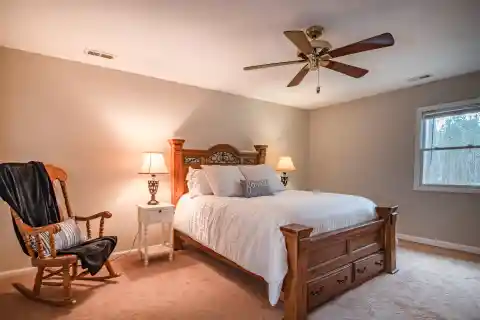
Ceiling fans may be quite helpful in the summer for blowing cooler air down while pulling warm air up and out of your rooms. But very few people are aware that you can operate your ceiling fans to move heat throughout the winter. All you have to do is turn the fan blades around. Your ceiling fans should rotate counterclockwise in the summer and clockwise in the winter. For example, in the winter, a ceiling fan that rotates counterclockwise draws cold air up, which forces heated air that had been rising naturally towards the ceiling to fall along the walls and floor.
Draft guards
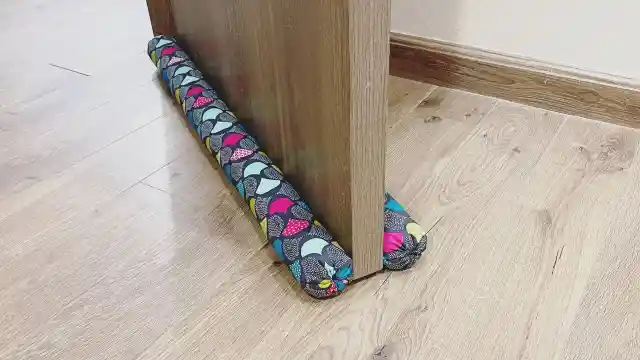
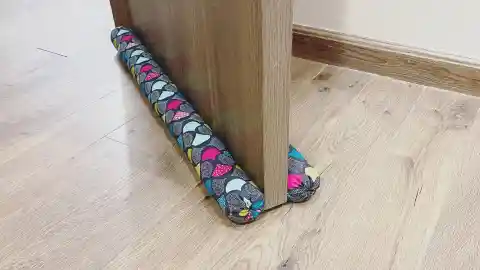
Heat escapes beneath the door in a drafty room. Install draft blockers at the doorways to avoid heat loss. It's an easy fix that keeps your home cozy and prevents energy waste. A draft snake is an inexpensive solution to stop warm (or cold) air from leaking under your doors and into other parts of your house. And making it is quite simple. Cut the leg of an old pair of slacks or jeans to the width of the opening in your door or window if you have them. Put cotton, linen, sand, or rice into the leg. After that, finish sewing the ends together to make a draft snake.
Adjust Thermostat
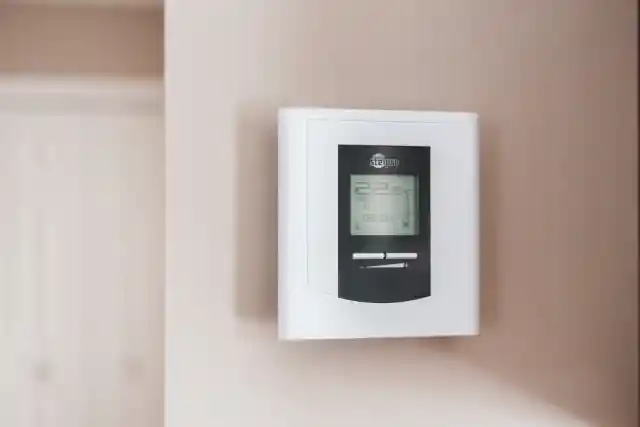
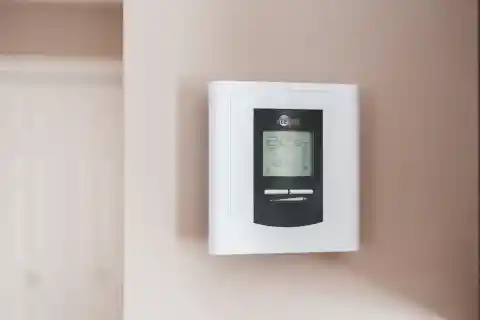
By focusing on the actual sources from which we regulate the temperature of our air and water, we may reduce our energy use. One simple example is adjusting the thermostat. When you drop the thermostat down by 10 to 15 degrees for eight hours, such as while you're at work, you may save your heating and cooling costs by 10% yearly. Try to lower the temperature in your house while you're there so that you and your family can rely on blankets for additional warmth. Our water heaters can also help us save money. Most homes get by just fine with their water heater set to 120 degrees.
Replace the filters
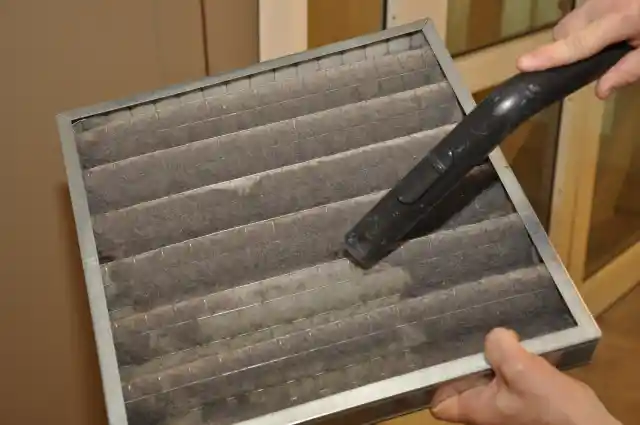
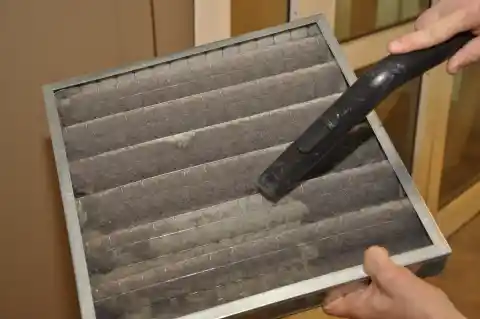
Replacing the filters in your central air and heating system on a regular basis will help it run more efficiently and last longer while costing less money. A clogged furnace filter can significantly increase the amount of energy your furnace uses, increasing your heating costs. Therefore, be careful to routinely inspect and change the furnace filter.
Insulate the attic
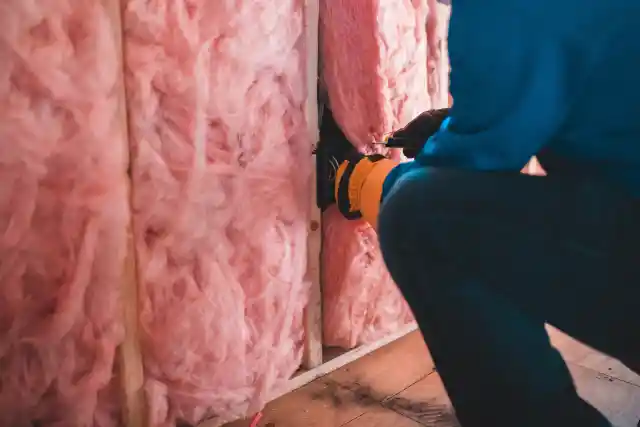
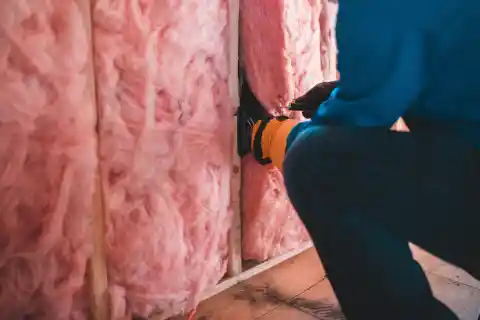
Your energy costs can be cut by up to 50% with a properly insulated attic. This is due to the fact that without insulation, all of the warm air that is rising in your home would directly escape via the roof. Caulk any ceiling penetrations—holes around pipes, ducts, and wires—as well as install an insulated cover over the attic hatchway or stairs. Consider using environmentally friendly insulating materials such as mineral wood, cork, sheep's wool, Icynene, or shredded denim. Sheep's wool naturally prevents moisture, is fire-resistant, and is breathable.